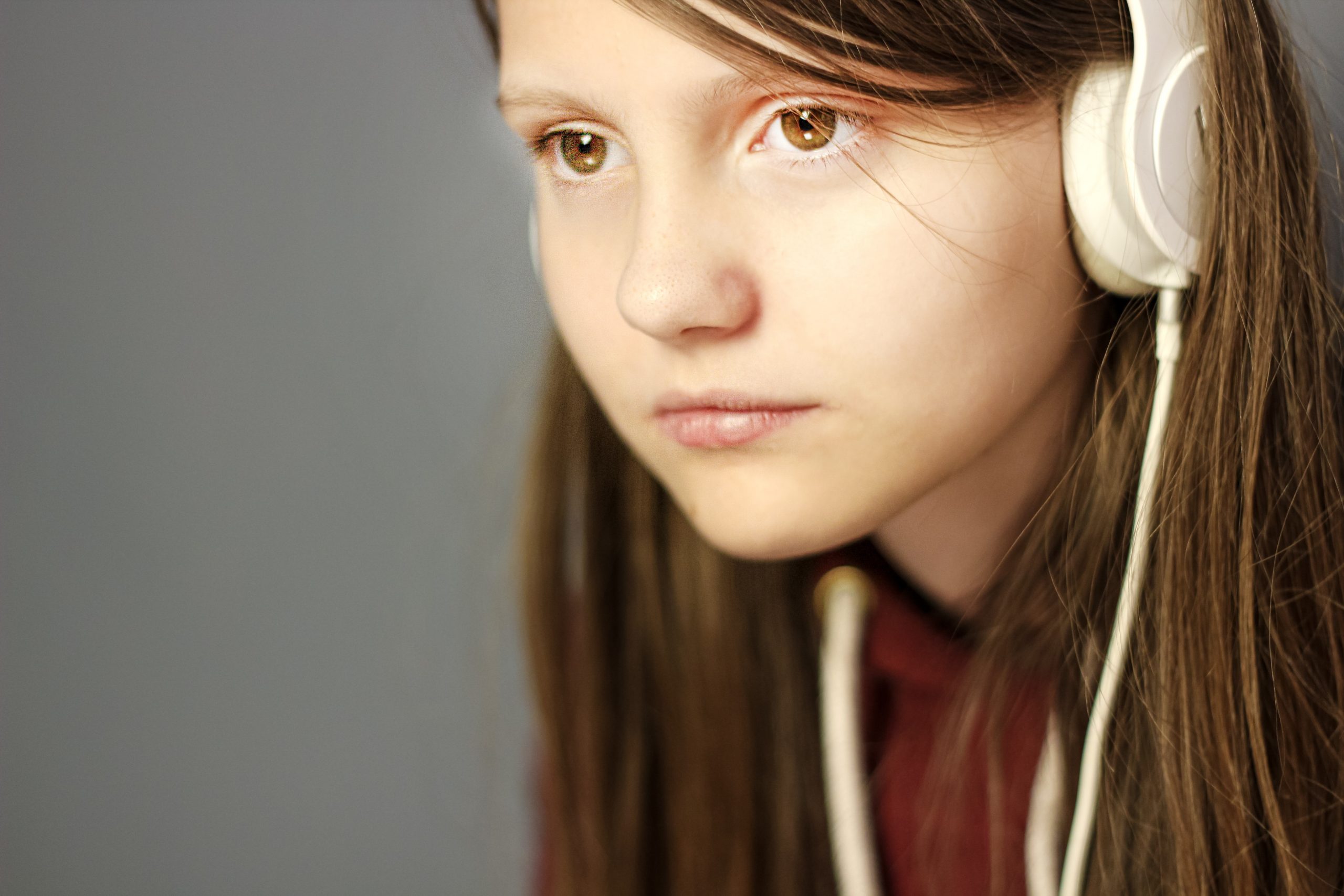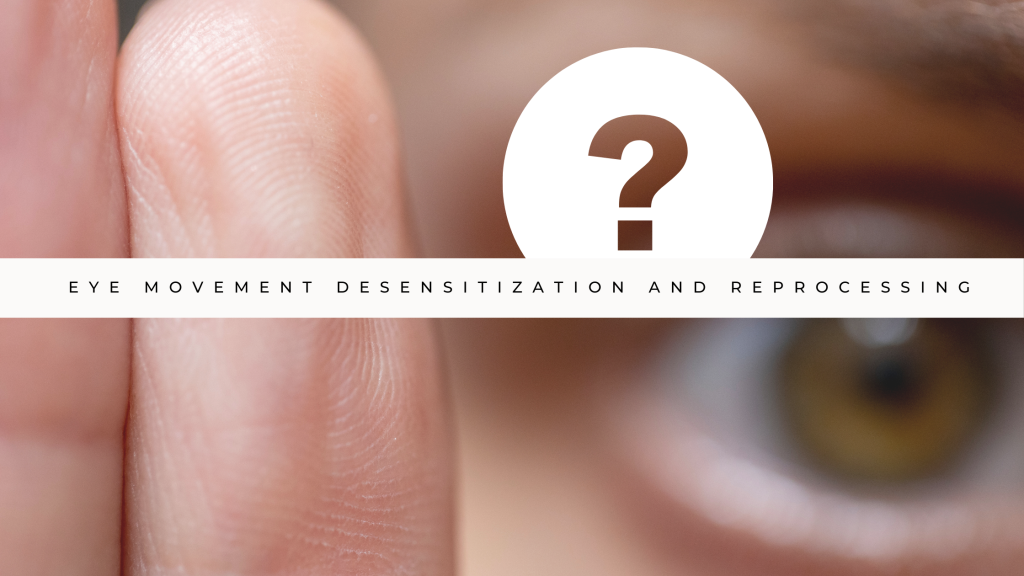Did you know Social Anxiety Disorder is one of the most common anxiety disorders? According to Anxiety Canada, it affects between 7 – 13% of the population.
Teens with Social Anxiety Disorder have a persistent fear of being watched and/or negatively judged by others. These fears can arise in social situations themselves, or even when thinking about them.

Photo by Katie Gerrard on Unsplash
If your teen has already been diagnosed, or is experiencing early symptoms of social anxiety, this article is for you.
There are several components to symptoms of Social Anxiety Disorder that you can look out for:
Physical: Sweating, shaking, heart racing, face turning red, nausea, muscle tightness, derealization.
Cognitive: Thinking thoughts such as “everyone is judging me”, “I look stupid”, “people can tell I am nervous and think I’m weird”, “everyone is going to notice and remember if I mess up”, etc.
Emotional: Feeling nervous, isolated, sad, frustrated, upset, helpless, and/or overwhelmed with anything to do with socializing (kids at school, meeting new people, making friends, co-workers, dating, etc.)
Behavioural: Avoidance, declining situations or events that cause anxiety, choosing to not participate in class or activities, getting upset or frustrated when a social situation is approaching, etc.
Common Situations When Social Anxiety Disorder May Affect Your Teen:
Social anxiety disorder is going to show up differently for everyone. However, there are several common situations your teen may experience it:

Photo by Hannah Busing on Unsplash
- Public speaking, presentations, and oral examinations.
- Activities where performance may be evaluated, such as sports, creative expression, and recitals.
- Unfamiliar settings or situations where there are a lot of new people.
- Ordering food at a restaurant, talking to cashiers, talking to unfamiliar teachers, asking strangers for help, etc.
- Participating in class discussions or group projects.
- Meeting new people at school, or making friends.
Six Ways to Support Your Teen with Social Anxiety Disorder
Social anxiety disorder can be overwhelming as a parent. Especially if you haven’t experienced it yourself and aren’t sure how to help your teen. Here are some ways you can support your teen with Social Anxiety Disorder:
1. Knowledge is Power !
Providing your teen with greater insight into what may be going on, recommending mental health tools or strategies, and letting them know they are not alone can be invaluable.
Understand for yourself and for your teen that Social Anxiety Disorder is relatively common and that there is hope for change.
Check out websites such as www.anxietycanada.com to access evidence-based resources and strategies. Encourage your teen to be curious and learn about their own experiences with social anxiety, including understanding their own triggers, sensations, and related outcomes.
2. Be Supportive
Anyone who has ever felt anxious knows that it isn’t exactly a fun feeling and it can be isolating.
If you suspect your teen may be suffering with social anxiety, prioritize being a non-judgmental, empathetic support person in their life who genuinely wants to help.

Photo by Andrés Gómez on Unsplash
As fear of judgment can be high in teens with Social Anxiety Disorder, be extra mindful of how your own words and actions may come across.
3. Gradual Exposure
Symptoms of anxiety are often reduced by repeated exposure to the stimulus that causes the anxiety. Your teen’s heart and mind are probably screaming “run away!” However, avoiding the cause of your teen’s anxiety tends to make it worse.
When supporting your teen with Social Anxiety Disorder, be sure to provide a lot of choice and gentle encouragement. Gradual exposure to social situations decreases symptoms of anxiety. The key is to pick situations where the anxiety does not overwhelm your teen, but ones where your teen feels mild to moderate anxiety and comes out the other side more self-aware and confident.
4. Target the Physical Symptoms
Anxiety can cause your teen’s body to become stressed, tight, and sore. Encouraging your teen to engage in progressive muscle relaxation, yoga, tai chi, or some other gentle, physical activity can do wonders in terms of reducing the physical experience of anxiety.
If you’re comfortable with it, these activities can even be done together or as a family!
You can try a guided progressive muscle relaxation exercise here.
5. Target the Cognitive Factors
Anxiety has a way of making your teen’s thoughts and feelings feel like facts. If you hear your teen saying something along the lines of “something bad will happen” or “other people will have certain thoughts”, there is an excellent opportunity to be curious.

Photo by Clarisse Meyer on Unsplash
Gently ask your teen how they know that something will happen (this is a cognitive distortion known as fortune telling, by the way!), or if there are any other possible outcomes or explanations. Often when these faulty thought patterns are called out it becomes easier to notice them when they reappear.
6. Outside Support
Social Anxiety Disorder is an isolating path to walk when you’re alone. Sometimes having an outside perspective that isn’t emotionally attached can be a helpful outlet for your teen’s emotions.
Seek support for yourself from other like-minded parents, Facebook groups with parents who also have teens with Social Anxiety Disorder, etc.
For your teen, a therapist or coach can provide an outside perspective to plan steps for when their anxiety arises. If you’re looking for one to one support for your teen, you can book a free consultation with me here. Our company also offers group coaching here. Email us any time with questions you may have, or blog topics you would like to see: info@pyramidpsychology.com.
 Jessa is a counsellor that has recently completed her master of counselling degree through Athabasca University.
Jessa is a counsellor that has recently completed her master of counselling degree through Athabasca University.
She is highly passionate about helping people become the best version of themselves and it is an honour for her to work alongside teens and their parents.
A few of her favourite things are spending time with her family, friends and pets, being in nature, cooking and eating delicious food. And also, she loves plants!
Once a month, she writes a blog article in response to issues she hears from the parents and teens she connects with. If you have something you’d like to read more on – email ideas and questions to info@pyramidpsychology.com or DM us via Instagram or Facebook.












 What I would tell my younger self (younger sibling). When I ask this question 9 times out of 10, teens tell me their advice for their younger person would be to wait as long as they can before they start using social media, to avoid platforms that constantly show them videos and pictures they compare themselves to, and to enjoy things outside of screen time.
What I would tell my younger self (younger sibling). When I ask this question 9 times out of 10, teens tell me their advice for their younger person would be to wait as long as they can before they start using social media, to avoid platforms that constantly show them videos and pictures they compare themselves to, and to enjoy things outside of screen time.






 Hello, my name is Tara, and I am a graduate student in counselling, I will be doing my practicum at Pyramid Psychology and I am very excited to practice all the skills I have learned as well as develop new relationships.
Hello, my name is Tara, and I am a graduate student in counselling, I will be doing my practicum at Pyramid Psychology and I am very excited to practice all the skills I have learned as well as develop new relationships.















 I am a registered social worker with a Bachelor of Social Work with a major in psychology from the university of the Western Cape, and a Master’s in Clinical Social Work specialization with individuals, families, and groups from the University of Calgary.
I am a registered social worker with a Bachelor of Social Work with a major in psychology from the university of the Western Cape, and a Master’s in Clinical Social Work specialization with individuals, families, and groups from the University of Calgary.
























